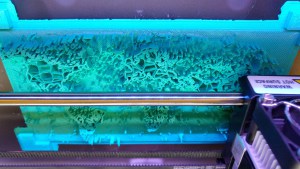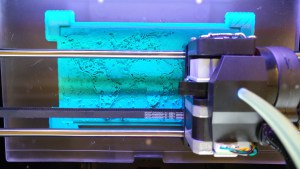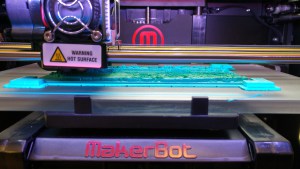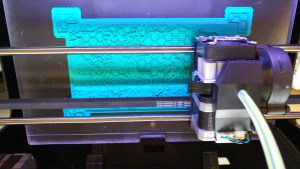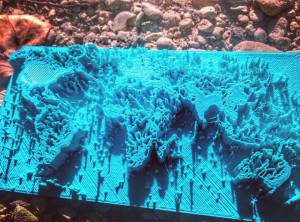
Professor Mark Graham
Professor of Internet Geography
Mark Graham is an economic geographer. His research focuses on digital labour, the gig economy, and digital inequalities. He is the author, most recently, of Feeding the Machine: The Hidden Human Labour Powering AI
